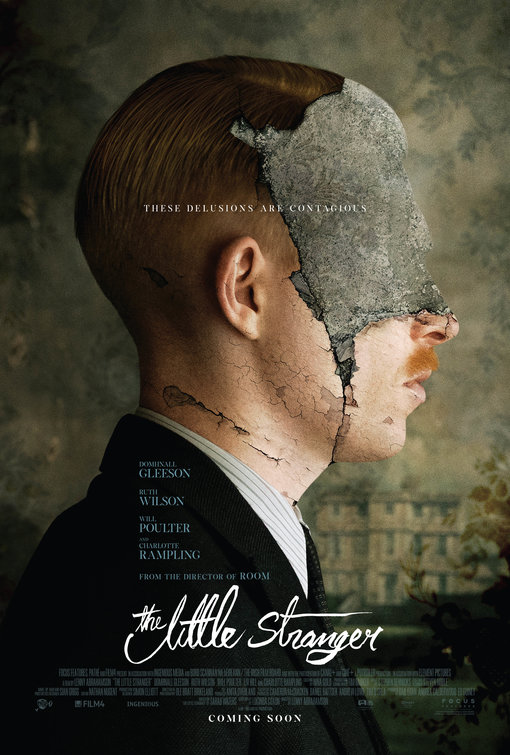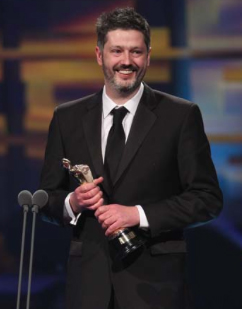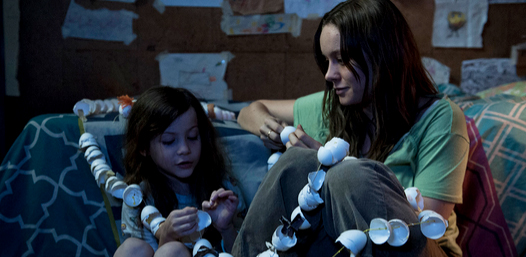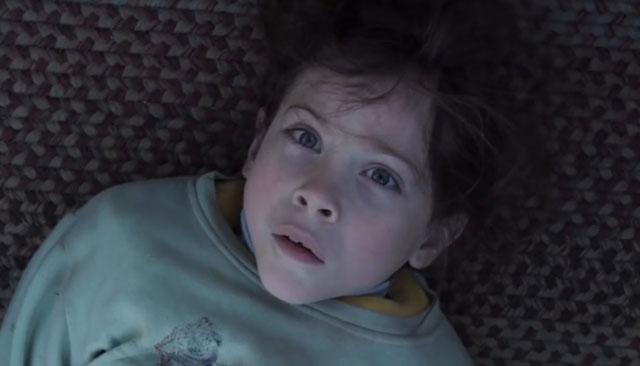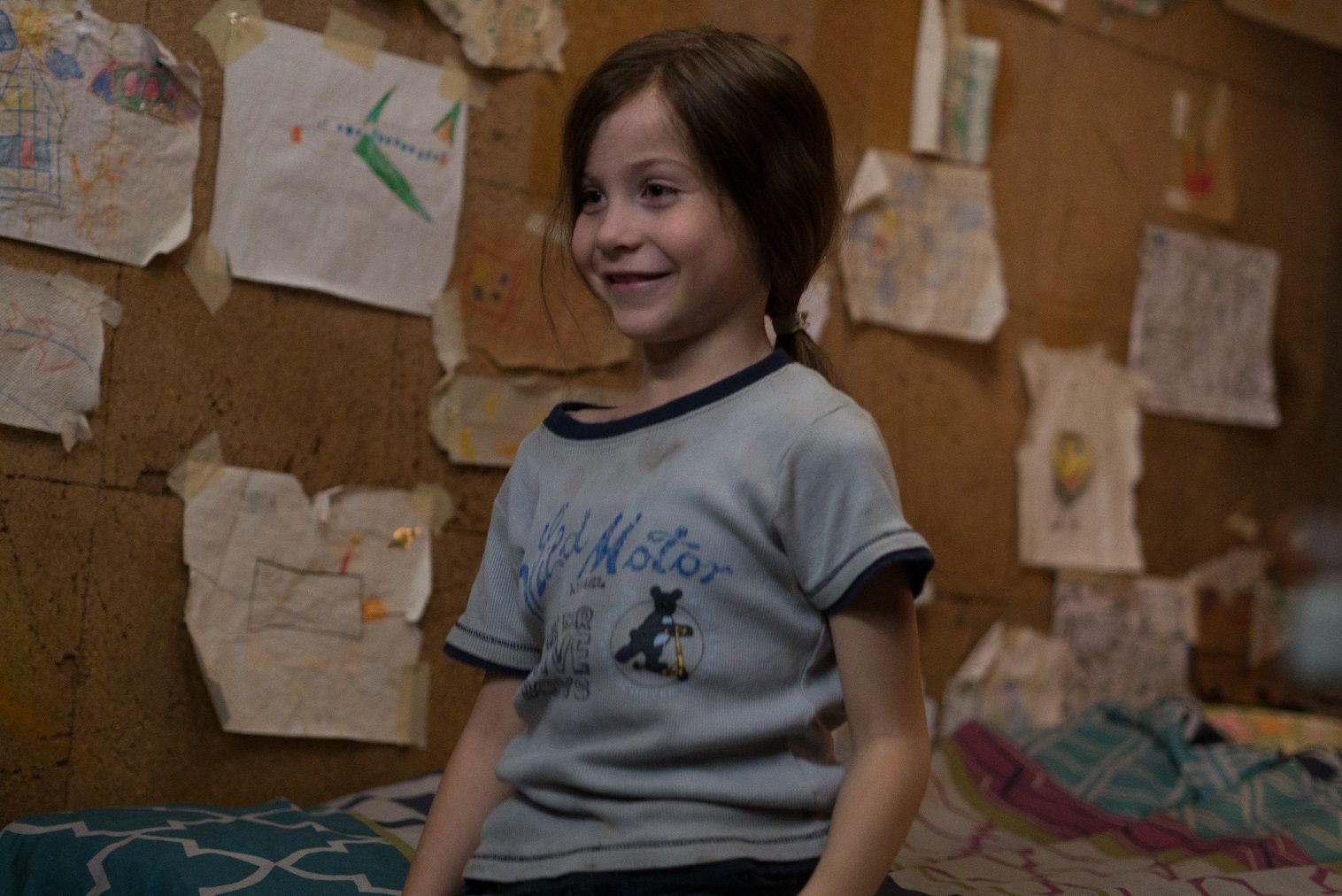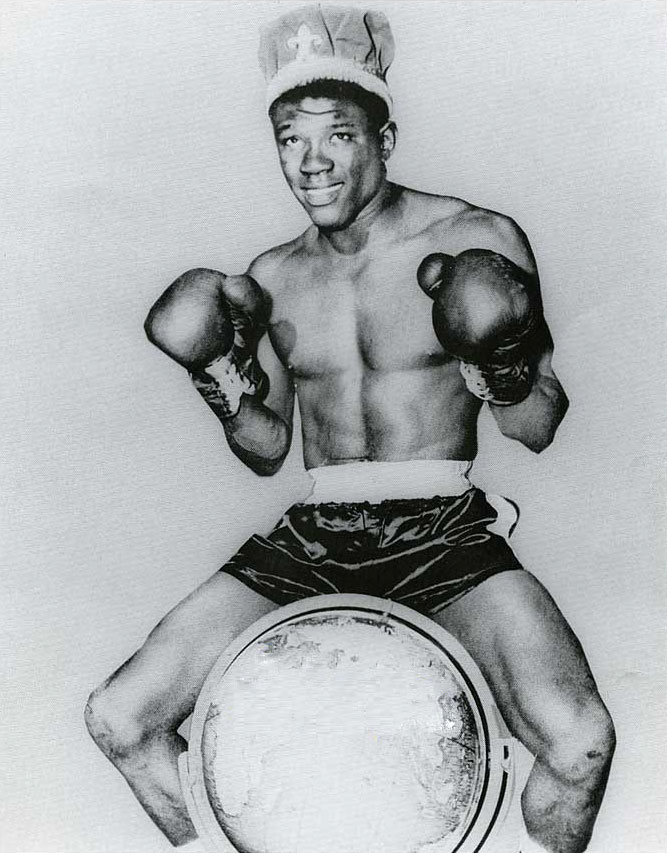Review: "Normal People" on Hulu
 Tuesday, May 5, 2020 at 8:30AM
Tuesday, May 5, 2020 at 8:30AM By Spencer Coile
 To adapt a work of fiction is to play with fire. I can only imagine that nimbly capturing the spirit of the original text while imbuing it with new levels of creativity is no easy feat. Discourse surrounding literary adaptations usually focuses on how the movie or series fails the original text - either it doesn’t cover everything sufficiently (like The Time Traveler’s Wife, a personal tragedy), it overstays its welcome (The Handmaid’s Tale), or an abundance of creative liberties are taken (recently Little Fires Everywhere). Comparisons are easy to make, and book lovers are quick to critique.
To adapt a work of fiction is to play with fire. I can only imagine that nimbly capturing the spirit of the original text while imbuing it with new levels of creativity is no easy feat. Discourse surrounding literary adaptations usually focuses on how the movie or series fails the original text - either it doesn’t cover everything sufficiently (like The Time Traveler’s Wife, a personal tragedy), it overstays its welcome (The Handmaid’s Tale), or an abundance of creative liberties are taken (recently Little Fires Everywhere). Comparisons are easy to make, and book lovers are quick to critique.
On its surface, Normal People, now streaming on Hulu, masquerades as a straightforward adaptation. Born from Sally Rooney’s novel of the same name, it follows Connell (Paul Mescal) and Marianne (Daisy Edgar-Jones), two Irish secondary students who forge a connection despite their uneven social standings. The novel, and now the BBC/Hulu limited series, chronicles their years-long relationship in all its complexities...



